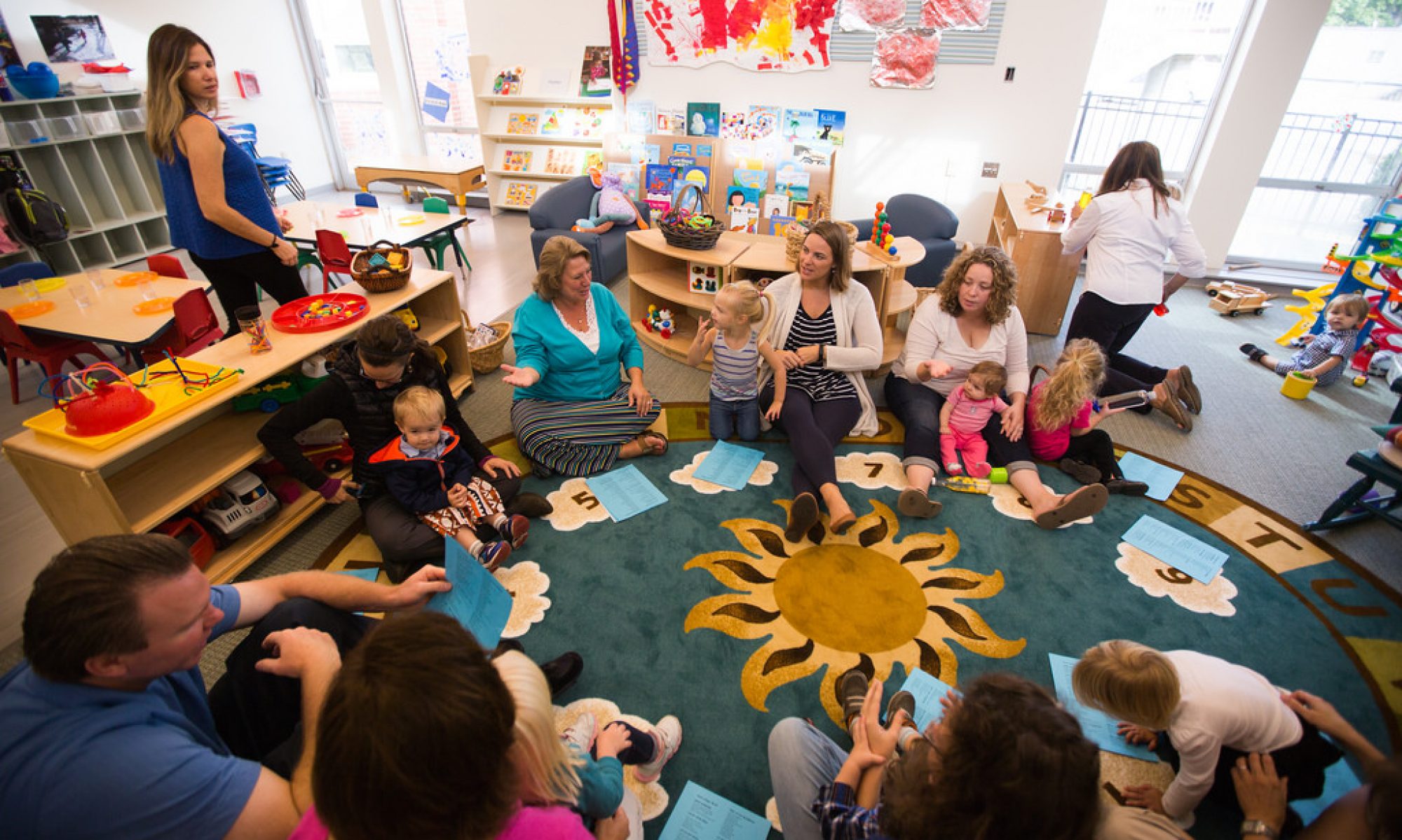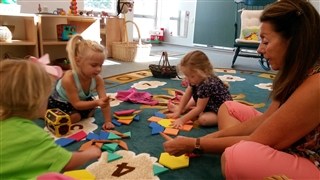Think of playtime as more than toy time. Playing is really any enjoyable activity that involves people, objects, or movement. Everything from blowing bubbles at each other to singing songs to splashing in the tub to chasing each other around the room qualifies.
Get down on the floor with your baby. You are the ultimate plaything, and any activity will seem more fun if your baby can share it with you. Talk to your baby while you play and you’ll help boost his language skills.
Introduce play activities when your baby is happy and rested. Playtime will be much more enjoyable for both of you if your baby is well-rested and ready for activity.
Stop when your child’s had enough. Take cues from your baby. He will let you know when he is done playing.
Give your child a chance to play alone and with others. Fifteen minutes is about the longest you can expect a 1-year-old to play alone. Solo play encourages independence, self-confidence, creativity, and language skills Learning to play with others usually develops between the ages of two and three.

